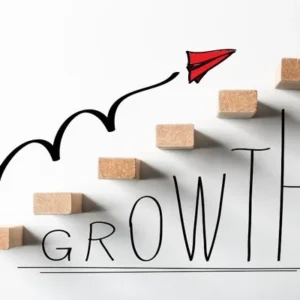Latin America and the Caribbean face a complex and persistent challenge as organized crime consolidates its influence while countries strive to advance development goals. Criminal organizations have diversified their activities, including illegal mining, human trafficking, and extortion, extending their control over institutions, territories, and communities. This expansion has profound consequences for human development, as these networks often step in where the State is absent, offering governance that is frequently violent and corrupt, undermining social cohesion and democracy.
Criminal groups operate not on the margins but deeply within social, economic, and political structures. In areas ranging from Rio de Janeiro’s peripheries to rural Colombia, gangs provide security, enforce rules, distribute resources, and finance local projects or political campaigns, often with the complicity of authorities or the acquiescence of marginalized populations. This hybrid form of “criminal governance” combines violence, corruption, and selective service provision, severely restricting rights and freedoms. In extreme cases, such as Port-au-Prince in Haiti, gangs control nearly 80% of the capital, replacing state functions, extorting communities, and perpetrating sexual violence and mass displacement. Even in less acute situations, cities like Rosario, Argentina, face escalating violence linked to fragmented micro-trafficking networks, disproportionately affecting poor neighborhoods.
Organized crime thrives in environments marked by poverty, informality, weak institutions, and social exclusion. Limited formal opportunities make illicit markets a primary source of income. Illegal mining, for instance, not only devastates ecosystems and displaces indigenous populations but diverts resources that could otherwise fund health, education, and infrastructure. Human trafficking exploits vulnerable populations, while extortion schemes in Central American cities burden small businesses, schools, and hospitals. Even traditionally stable countries such as Uruguay, Chile, and Costa Rica are experiencing rising homicide rates, drug trafficking infiltration, and the spread of illegal markets, showing that organized crime is a regional threat rather than a localized problem. The lack of effective justice and law enforcement perpetuates impunity, eroding trust in democratic institutions.
Addressing organized crime in Latin America requires comprehensive, multi-dimensional strategies rather than solely relying on police action or punitive laws. It is necessary to recognize the full scope of criminal ecosystems, which encompass multiple illicit markets and penetrate institutions. Responses must be coordinated, addressing all sectors of illegal activity while adapting strategies to the territorial dynamics of crime. The structures and operations of criminal networks vary across regions, from hierarchical control in some areas to fragmented street-level disputes in others, necessitating localized, data-driven policies.
Restoring State presence is critical, encompassing more than security enforcement. Effective governance involves providing public services, education, healthcare, justice, and meaningful economic opportunities. A comprehensive, gender-sensitive approach is essential to reclaim territories where crime dictates daily life and to reinforce citizen confidence in state institutions. Since criminal networks operate transnationally, collaboration across borders is crucial, including sharing intelligence, harmonizing laws, coordinating regional policies, and strengthening judicial cooperation.
Ultimately, organized crime in Latin America and the Caribbean is not merely a security concern but a profound development and governance issue. It undermines economies, erodes democratic institutions, and traps populations in cycles of fear and dependency. Effective strategies must go beyond targeting individual leaders or seizing illicit goods, focusing instead on reclaiming territories, rebuilding the social fabric, and restoring citizens’ confidence in a life governed by rights and development rather than criminal control.







